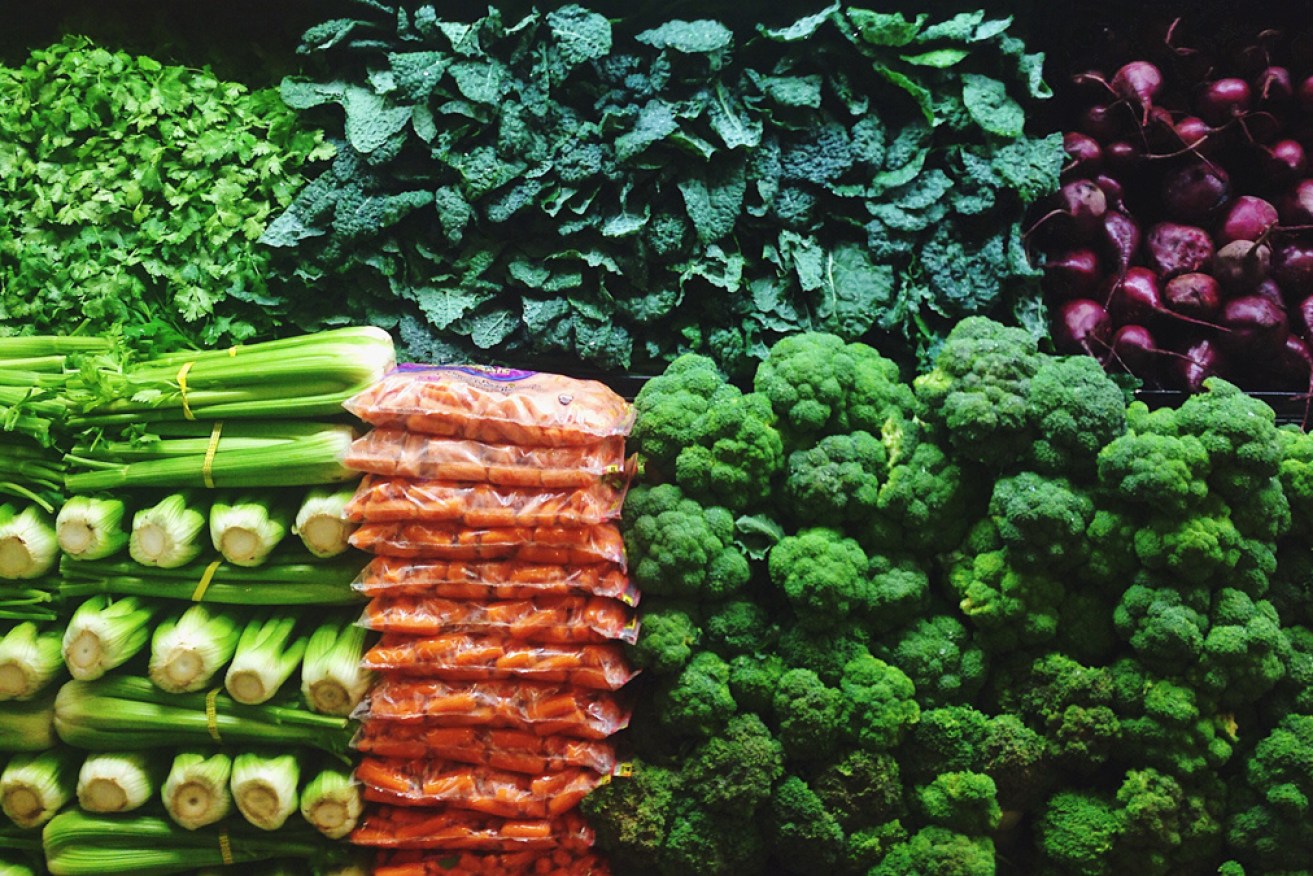The meal box upstarts taking a bite out of the supermarkets’ pie


Supermarkets "need to be wary" of new meal box delivery services. Photo: Getty
Time-strapped Australians are flocking to meal box delivery services in lieu of grocery shopping, placing supermarkets on the defensive.
In recent years a handful of businesses such as HelloFresh, Marley Spoon, and Youfoodz have sprung seemingly from nowhere, offering customers home-delivered meals and groceries in a bid to capitalise on convenience.
Their growth in the marketplace has been “astronomical”, IBISWorld senior industry analyst Tom Youl told The New Daily, with their services now accounting for about 15 per cent of the $3.5 billion online grocery segment.
“Consumers have really taken to the convenience benefits these firms offer. Including all grocery sales, HelloFresh has now taken about 10 per cent of the market. That’s pretty phenomenal,” he said.
Marley Spoon accounts for a further 2.5 per cent, and while it’s yet to turn a profit, its 2019 half-year results saw revenue lift 55 per cent.
Both are a long way off Woolworths and Coles’ combined 75 per cent share of online grocery sales, but meal-box delivery services are steadily growing their share of the pie, and Mr Youl said they show little sign of slowing.
“It would take something pretty remarkable for that to stop immediately. We would expect it to keep climbing for the next few years,” he said.
Supermarkets keeping ‘close eye’ on competition
The explosive surge in Australians using meal-box delivery services has put supermarkets on alert, Mr Youl said, and Coles and Woolworths “need to be wary” of what these smaller players are doing.
Already Coles and Woolworths have put “defensive strategies” in place to hedge their bets, including selling more pre-prepared and semi-prepared food.
Coles also partnered with UberEats, a takeaway food delivery service, earlier in the year, and Woolworths took a 9 per cent stake in Marley Spoon for $30 million back in June.
“The supermarkets seem to be keeping a pretty close eye on the services,” Mr Youl said.
The growing threat comes as competition between Woolworths and Coles once again heats up, and German competitor Kaufland prepares to enter the fray.
However, most Australians are “pretty rusted on” when it comes to their shopping habits, Mr Youl said, and it will take a few years before meal-delivery services present a significant threat to established supermarkets.
How the players stack up
Simon Downes, editor-in-chief of consumer comparison site Canstar Blue, told The New Daily meal-box delivery services were a great option for people who can justify the added expense.
“They’re great for busy people,” he said. “Most people will do their weekend shop but it can be really hard to plan meals in advance.”
“These are an absolute godsend for people that find themselves at the shops everyday. You come home and all your ingredients are there and ready to go, but you are paying for that convenience too.”
Canstar Blue’s review of the major players also found the quality of the ingredients varied, and customers sometimes received vegetables that weren’t fresh and that they would not have bought themselves in store.
The available meal options also lacked variety, and often involved the use of meat (meaning vegetarian and vegan options were often uninspired).
“If you do start using one of these services, you’ll realise they don’t get it right 100 per cent of the time,” Mr Downes said.
“But if you’re someone who can afford them, and who values the convenience of having everything delivered to your house each week, they can be a great option.”








